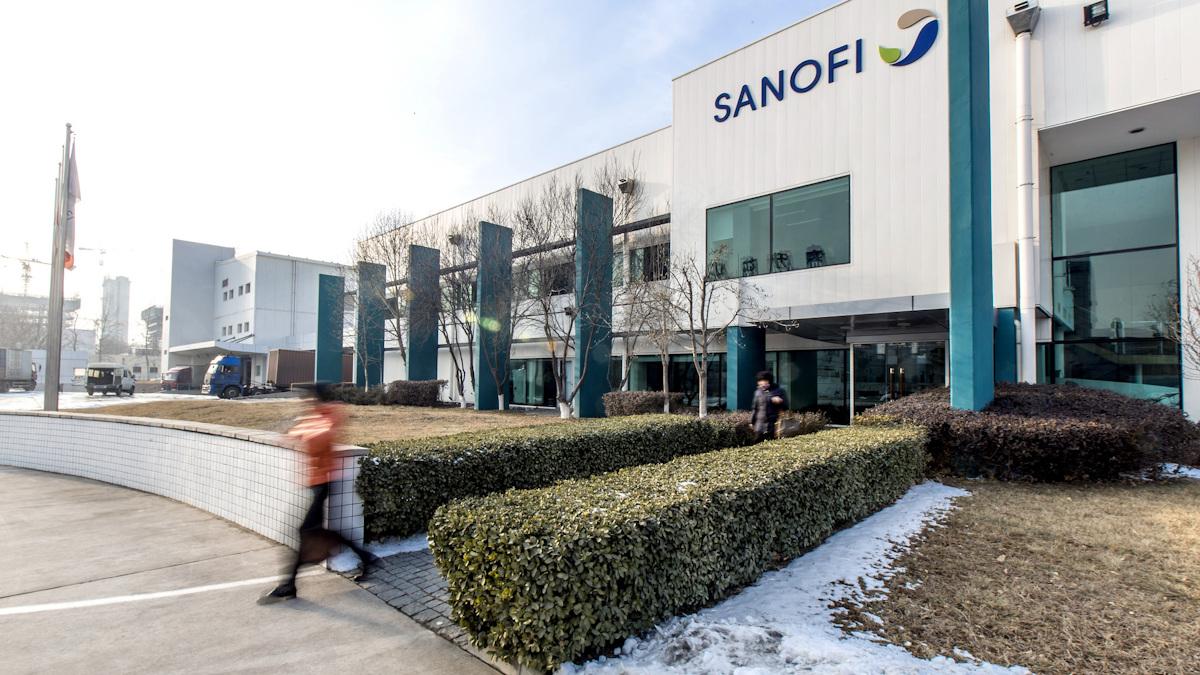Blueprint pays the price of Ayvakit phase 3 miss as FDA rejects drug

The FDA has turned down Blueprint Medicines’ Ayvakit for more general use in gastrointestinal stromal tumour – a form of stomach cancer - after approving the drug in a narrower group of GIST patients earlier this year.
The split decision for the drug has emerged because the FDA opted to review Blueprint’s marketing application for Ayvakit (avapritinib) in two parts.
The first part – which was approved in January – covered the use of the drug in GIST patients with a platelet-driven growth factor receptor alpha (PDGFRa) exon 18 mutation, including PDGFRA D842V mutations.
The second part was for fourth-line use in GIST patients, and the agency decided it wanted to see the results of an ongoing phase 3 trial comparing Ayvakit to Bayer’s Stivarga (regorafenib) before deciding on that indication.
Unfortunately for Blueprint, the results of that trial – called VOYAGER – were a bust. Ayvakit wasn’t able to show an improvement in progression-free survival (PFS) compared to Bayer’s drug when used as either a third- or fourth-line treatment for local-advanced or metastatic GIST.
The result meant the FDA’s verdict late last week was hardly a surprise, and investors seemed to have prepared themselves for disappointment as Blueprint’s share price barely moved when the news emerged.
That also reflects that analysts see the bigger potential in Ayvakit in other indications, and particularly systemic mastocytosis, a rare condition caused by an excess number of immune mast cells gathering in the body's tissues.
Blueprint is presenting new from its phase 2 programme for Ayvakit at the ASCO meeting that start later this month, as well as new results for its RET inhibitor pralsetinib in RET-positive cancers, which analysts see as the company’s most promising pipeline drug.
The company has new data on pralsetinib on display at ASCO too, although it is playing catch-up in the market after Eli Lilly won FDA approval earlier this month for its RET inhibitor Retevmo (selpercatinib) to treat lung and thyroid cancers with a mutation or fusion in the RET gene.
Meanwhile, Blueprint is still hoping for approval of Ayvakit – its first commercial product – in the EU for PDGFRa-mutated GIST before the end of this quarter. Approximately 6% of patients with newly diagnosed GIST have PDGFRA exon 18 mutations.
Deciphera steps into fourth-line GIST void
There was good news for patients with GIST from the FDA ahead of the weekend however, after the agency approved Deciphera’s rival drug Qinlock (ripretinib) for the same fourth-line indication it had denied Ayvakit.
Deciphera’s drug provides a new treatment for patients who progress on the current kinase inhibitor GIST therapies – Novartis’ Gleevec (imatinib). Pfizer’s Sutent (sunitinib), Stivarga and Ayvakit – said the FDA’s head of oncologic diseases Richard Pazdur.
“Today’s approval provides a new treatment option for patients who have exhausted all FDA-approved therapies for GIST,” he added.
Each year, approximately 4,000 to 6,000 adults in the US are diagnosed with GIST, according to the FDA.













